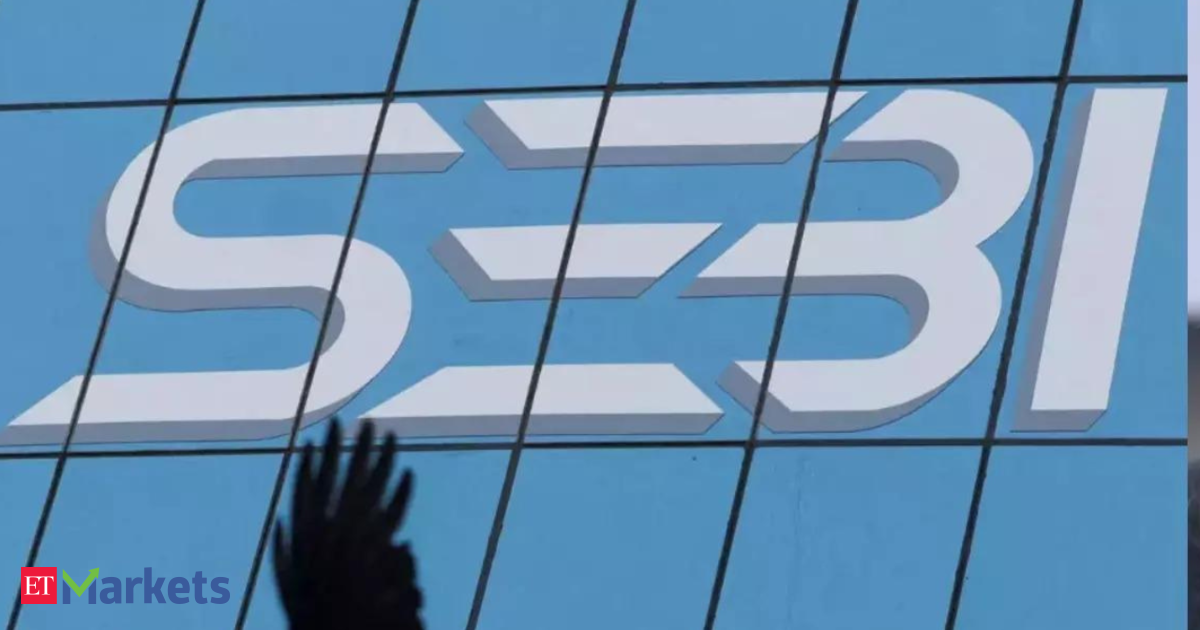“Due to absence of sufficient material facts/evidence/objectives on record in this case, the ‘preponderance of probability’ test does not produce sufficient justification for establishing collusion/connivance between OPG (Securities) and its directors with noticees (NSE and its ex-employees),” Sebi said in its order on Friday. The regulator’s latest order brings down the curtain on the high-profile co-location case that had rocked India’s premier stock exchange.
The case also triggered a probe by the Central Bureau of Investigation (CBI) and led to the arrest of some former senior NSE officials.
Last year, the Securities Appellate Tribunal (SAT) had set aside Sebi’s 2019 NSE order and directed the regulator to re-trial the matter relating to the charge of collusion and connivance of broker OPG and its directors with any NSE official.
The regulator had accused NSE of giving preferential access a few intermediaries to its secondary server. The origin of the case dates back to 2015, when a whistleblower wrote a letter to the regulator alleging that NSE’s collocation system was being manipulated.
‘There is no defined co-lo policy’
On Friday, Sebi said there was no doubt about the fact that the NSE did not have a detailed and defined co-location policy. It even failed to monitor the use of the secondary server by trading members without sufficient reasons.
“The defence raised by the NSE regarding issuance of welcome email in the form of ‘registration enablement email’ at the time of providing placement facility to TMs (trading members), cannot be said to justify its role as a tier one regulator. Issuance of guidelines without its oversight showed lack of due diligence,” Sebi said. “However, this fact alone does not help in deciding the issue of collusion/connivance of OPG and its directors with the notified parties (NSE and its ex-employees).”
The fact that OPG was accessing the secondary server till May 2015, even after the warning in the first half of June 2012, indicates that NSE gave its indirect consent to OPG, but the fact that 93 trading members were accessing the secondary server during this period reduces the likelihood of collusion, the regulator said.
He added that there was no new evidence in the current proceedings arising from the previous one.
In the same matter, through a separate 238-page order, Sebi ordered OPG Values Sebi imposed a six-month ban on the brokerage firm, in addition to the five-year ban imposed by the regulator in an April 2019 order. Sebi held that the brokerage firm had gained unfair advantage by gaining access to NSE’s secondary servers.
Disclaimer:
The information contained in this post is for general information purposes only. We make no representations or warranties of any kind, express or implied, about the completeness, accuracy, reliability, suitability or availability with respect to the website or the information, products, services, or related graphics contained on the post for any purpose.
We respect the intellectual property rights of content creators. If you are the owner of any material featured on our website and have concerns about its use, please contact us. We are committed to addressing any copyright issues promptly and will remove any material within 2 days of receiving a request from the rightful owner.

